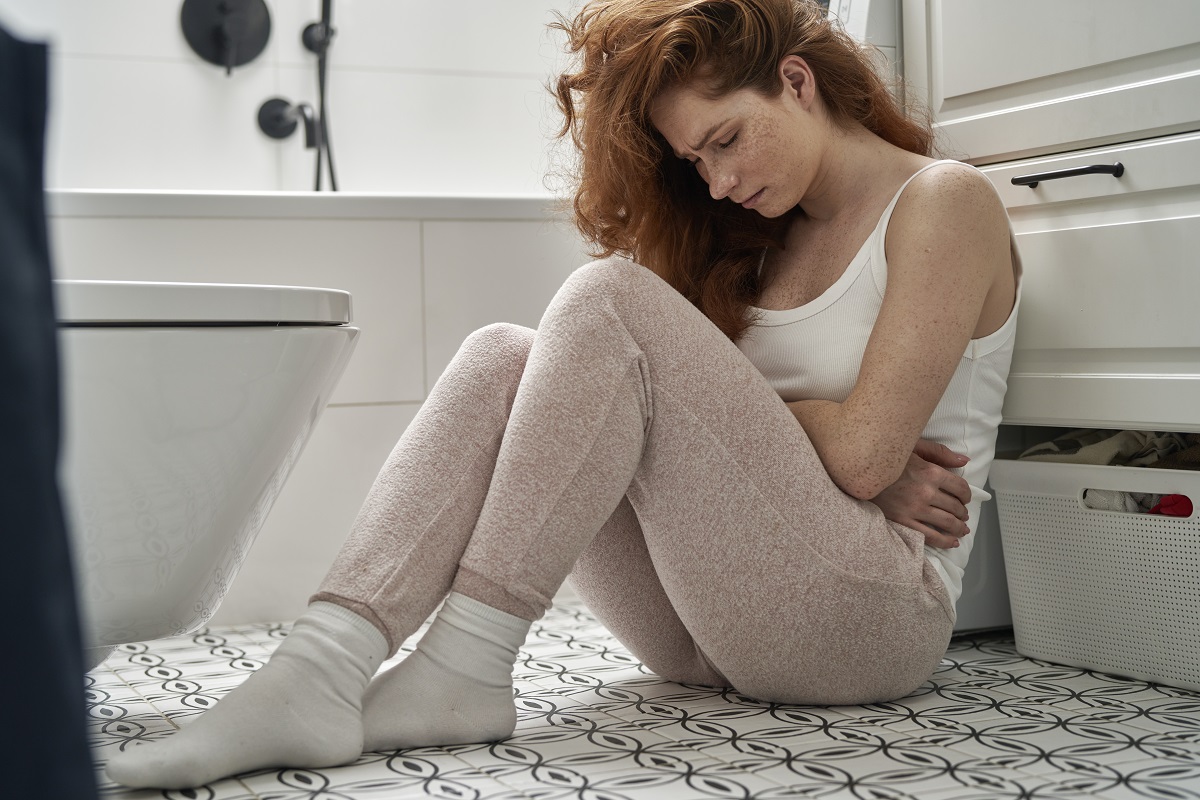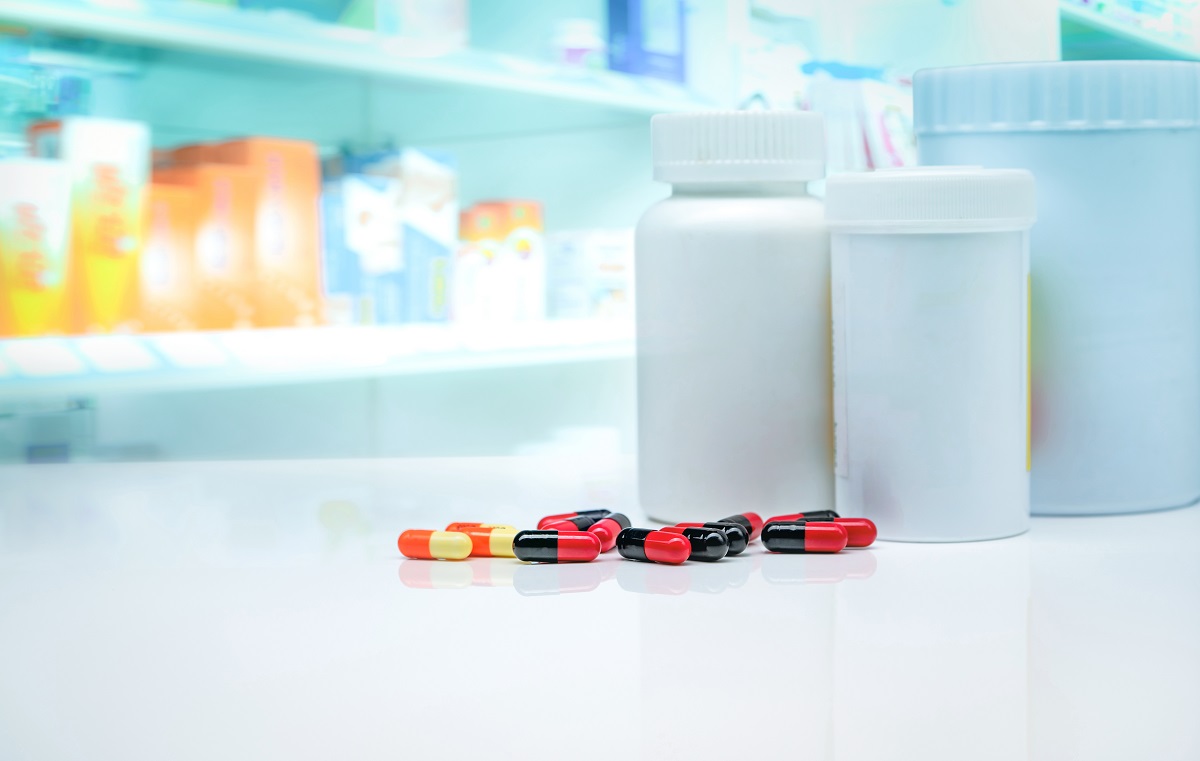This is an infection caused by a bacteria known as shigella. It causes intestinal problems including bloody diarrhea. This is a very contagious bacteria and usually, it spreads to other people through direct contact with bacteria from the stool of an infected person. For instance, it can happen when you are not washing your hands properly after changing the child’s diapers. Moreover, shigella can also infect other people through contaminated food or drinks. Sometimes, people get this bacterial infection while swimming in unsafe water.
Despite this infection can get anyone, it mostly affects children under 5 years old. If a person experiences a mild form of this infection, it commonly goes away within 7 days. When this bacterial infection requires treatment, healthcare providers usually prescribe antibiotics.
Symptoms
In most cases, symptoms appear within 7 days after exposure to the bacteria. Check some shigella infection symptoms below:
- Stomach cramps or pain
- Diarrhea
- Fever
- Nausea
- Vomiting
While some people experience symptoms between 5-7 days, others may not notice any symptoms but their stool is still contagious for several weeks. It is advised to visit a doctor right away if you notice that your child experiences bloody diarrhea, weight loss, or dehydration. Another symptom that you should seek medical care is fever (101 F or 38 C degrees).
Causes
This bacterial infection usually happens when a person swallows the shigella bacteria accidentally. It often occurs when you:
- Consume contaminated food or water (this includes swimming)
- Touch your mouth after handling infected food or not washing your hands after a diaper change.
Risk Factors
- Children under 5 years old are more prone to get this bacterial infection. However, it can affect people at any age.
- This bacteria can spread to other people while living in a group housing or participating in different group activities. It occurs due to close contact between people, which makes it easier for bacteria to spread.
- Live or travel in places with a lack of sanitation.
- Sex between males is a risk factor because one of them gets in direct or indirect contact with shigella bacteria during sexual activity.
Complications
Not every time this infection goes away without complications. Sometimes, it takes some weeks or months to return the bowel habits to normal. Check below some shigella infection complications:
- Dehydration – This complication usually occurs due to persistent diarrhea. Symptoms of dehydration include dizziness, lack of tears (children), sunken eyes, dry diapers, and lightheadedness. In case your child experiences a severe form of dehydration, it may lead to shock and even death.
- Seizures – This complication happens rarely and healthcare providers do not know the exact cause. Some experts think that seizures occur due to a combination of high fever and shigella infection.
- Rectal prolapse – This is a condition in which inflammation of the large intestine or bowel movements causes mucous membrane or rectum lining to move through the anus outside.
- Hemolytic uremic syndrome – This is a complication that occurs quite rarely and it is provoked by E. coli bacteria more commonly than shigella bacteria. It leads to reduced red blood cell count (hemolytic anemia), low platelet count (thrombocytopenia), and acute kidney failure.
- Toxic megacolon – It is also a very rare complication in which a person’s colon becomes paralyzed. Thus, it prevents a person from having bowel movements or passing gas. The most common symptoms include stomach swelling or pain, fever, and weakness. Those who do not get immediate treatment for toxic megacolon may experience peritonitis.
- Reactive arthritis – this arthritis type happens in response to a shigella infection. Joint pain and inflammation that occurs in the ankles, hips, feet, and knees, redness, itching, eye discharge (conjunctivitis), and painful urination (urethritis) are the most common symptoms.
- Bacteremia (bloodstream infections) – The intestine lining can be damaged due to this infection. As a result, the bacteria can go into the bloodstream through damaged intestinal lining but it can happen quite rarely.
How to Prevent Shigella Infection?
Nowadays, experts are working on a shigella vaccine but it still is not available. Check some tips that can help you to prevent shigella spread:
- Regularly wash your hands with soap and water for at least 20 seconds each time
- Watch children when they are washing their hands
- Discard used diapers properly
- It is advised to disinfect areas where diaper change occurs
- You should not prepare food for other people if you have diarrhea
- Children with diarrhea should not go to play groups or school
- Do not drink water from untreated pools, lakes, or ponds
- It is not recommended to engage in sexual activity with a person who has diarrhea
- Avoid swimming until you completely recovered
Diagnosis
The only way to diagnose this infection is to take a sample of stool and send it to the laboratory to be checked for shigella bacteria or their toxins. Additionally, there are different health conditions that can provoke diarrhea or bloody diarrhea.
Treatment
If you experience a mild form of shigella infection, it usually goes away on its own. The only thing you need to do is to replace the lost fluids from diarrhea. However, some people experience a severe form of the infection and need treatment. Check below some treatment methods usually prescribed by the doctors:
Nonprescription Medicines
Once you are diagnosed with a shigella infection, physicians may recommend some over-the-counter medicines (OTC) to reduce the frequency of diarrhea and improve healing. One of them is a nonprescription drug that contains Bismuth Subsalicylate. In any case, you should not use this medicine if you are allergic to Aspirin or are a pregnant woman. Moreover, children also should not take this OTC drug.
In addition, it is not recommended to use nonprescription anti-motility medicines including Loperamide, Diphenoxylate, and Atropine because they are not effective in the shigella infection treatment. However, anti-motility drugs can worsen the disease.
Antibiotics
This group of medicines is usually prescribed in severe cases. Sometimes, shigella bacteria can become drug-resistant. Commonly, physicians do not prescribe antibiotics if you do not have a severe form of shigella infection.
Mostly, antibiotics are prescribed for infants, older adults, and people with HIV infection. These medicines are effective when there is a high risk of spreading the infection.
Fluid Replacement
Commonly, drinking water may be enough to prevent dehydration that can occur due to diarrhea in adults. However, children may need a rehydration solution (including Pedialyte).
Additionally, it is considered a medical emergency if either children or adults experience severe dehydration. In the hospital, they will receive salts and fluids intravenously (IV). Physicians usually recommend IV fluids because it helps replace lost fluids from the body faster than oral solutions.
Frequently Asked Questions
Is shigella contagious?
This is a very contagious bacteria that easily spreads to other people. It often occurs through direct contact with bacteria from the stool of an infected person.
Can shigella infection go away on its own?
Yes but if you experience a mild form only. It may take up to one week to get rid of the infection. If a person experiences a severe form of this infection, treatment is required. Healthcare professionals usually prescribe antibiotics.
What are foods where shigella is mostly found?
- Raw oysters
- Luncheon meat
- Milk
- Beans
- Rice balls
- Chopped turkey
- Salads (including potato, shrimp, tuna, chicken, turkey, macaroni, fruit, and lettuce)
Talk with your healthcare professional for more details.




